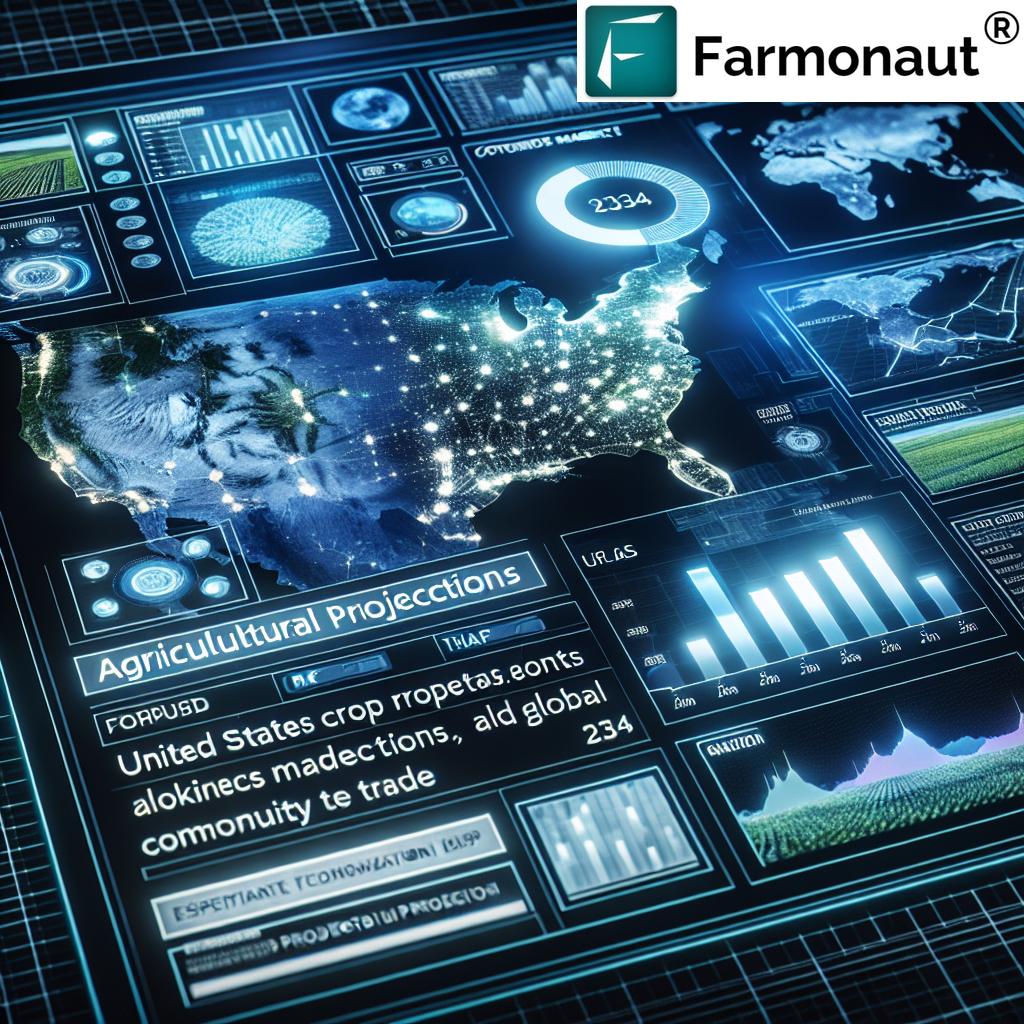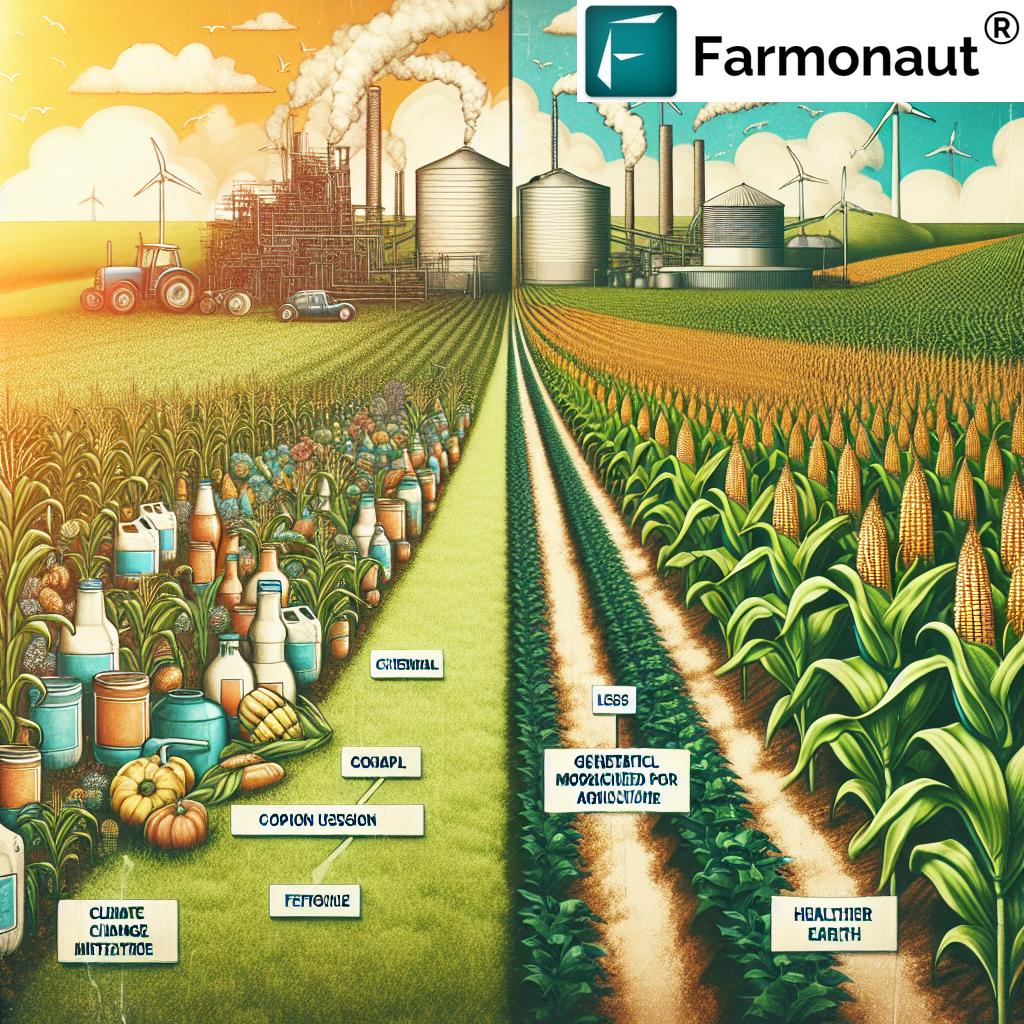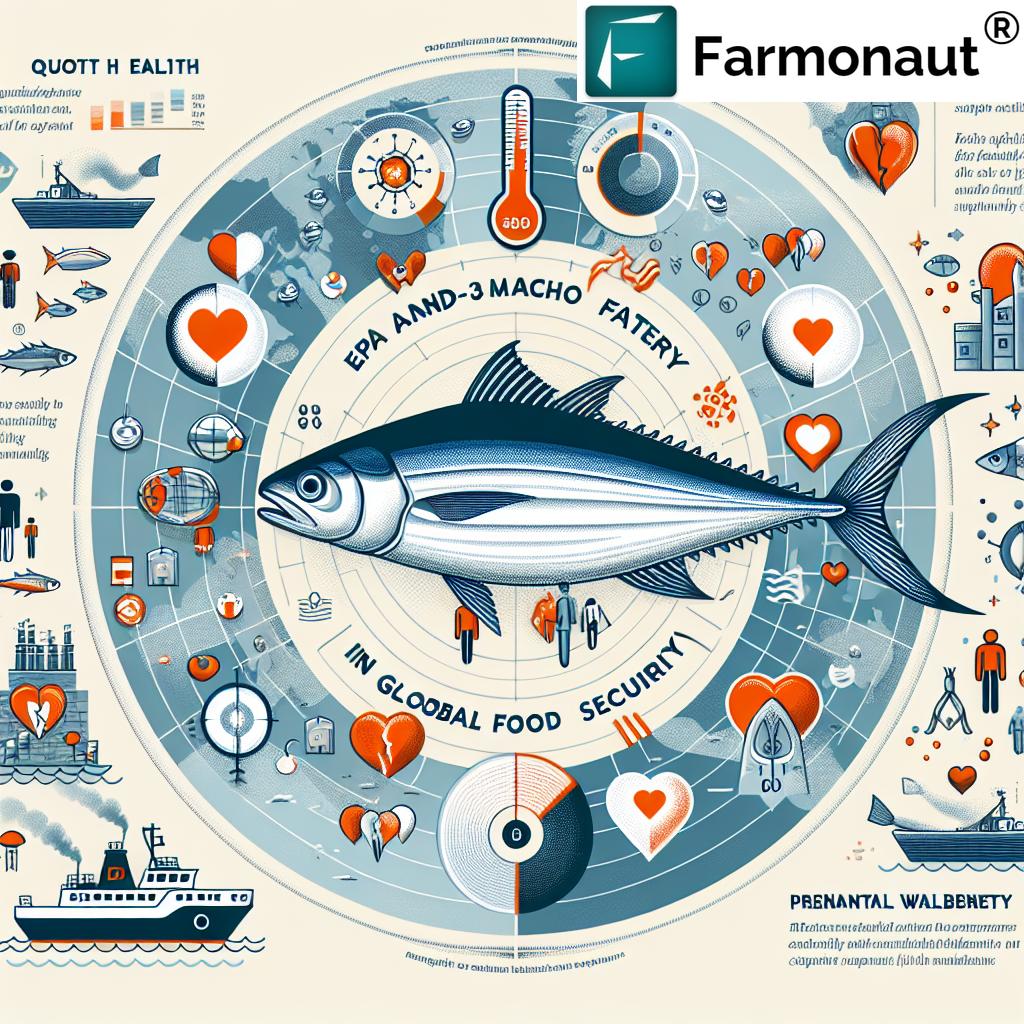Urgent: US Unleashes $1.7M Lifeline for Ghana’s Drought Crisis – Farmers’ Salvation Amid Devastating Crop Losses
In a critical move to address the severe agricultural crisis gripping Ghana, the United States has stepped forward with a substantial aid package, offering hope to thousands of farmers battling the effects of a devastating drought.
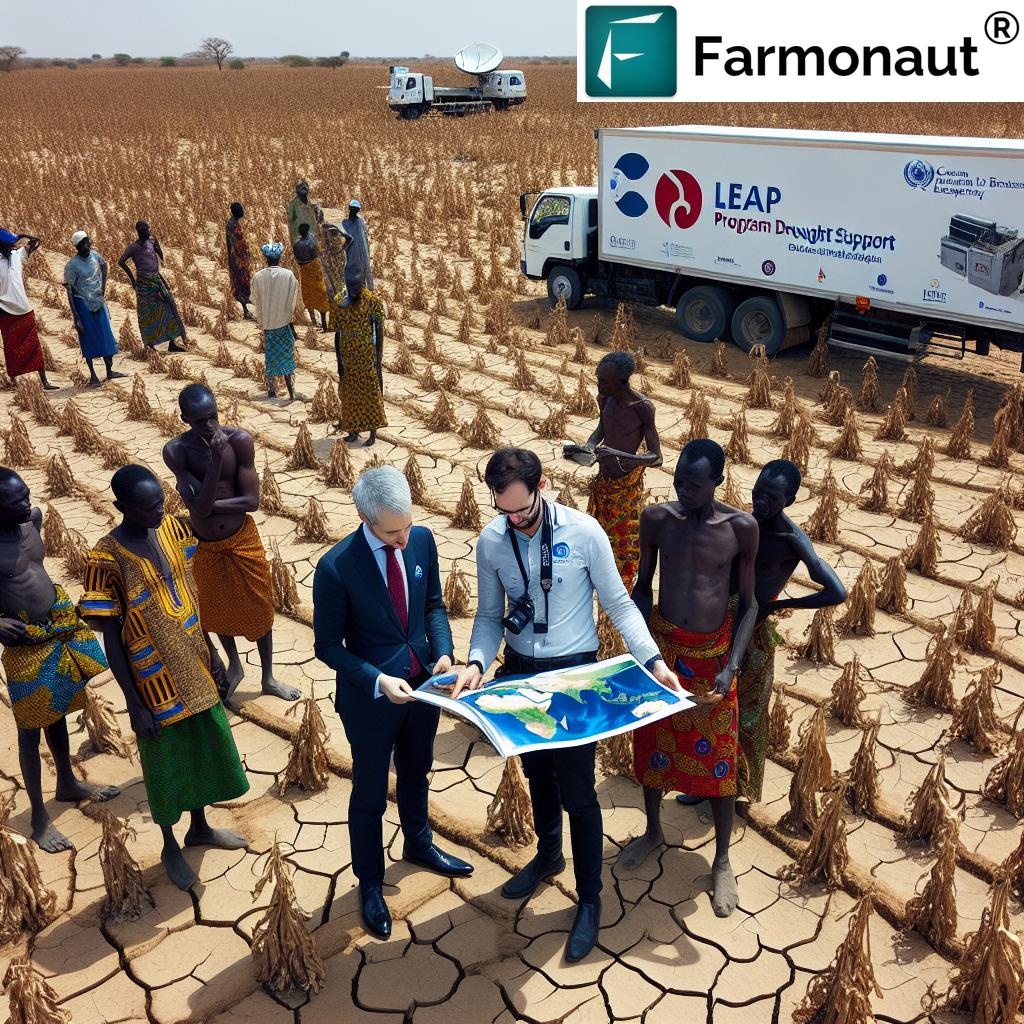
US Drought Aid Ghana: A Timely Intervention
The U.S. Embassy in Ghana has announced a crucial $1.7 million aid package aimed at providing Northern Ghana drought relief through the Livelihood Empowerment Against Poverty (LEAP) program. This timely intervention comes as a ray of hope for the nation’s agricultural sector, which is currently grappling with one of the most severe droughts in recent history.
The LEAP program drought support is set to benefit thousands of farmers who have been hit hard by the prolonged dry spell. With over 980,000 farmers affected and a staggering 1.8 million hectares of farmland at risk, the US drought aid Ghana initiative couldn’t have come at a more critical time.
The Scale of Ghana’s Agriculture Crisis
The current Ghana agriculture drought impact is nothing short of catastrophic. The Chamber for Agribusiness Ghana has reported that the drought could potentially cost the nation a whopping GH¢22.2 billion, threatening 62% of Ghana’s annual grain supply. This dire situation has pushed Ghana food security measures to the forefront of national concern.
- Over 980,000 farmers affected
- 1.8 million hectares of farmland at risk
- Potential loss of GH¢22.2 billion
- 62% of annual grain supply threatened
The severity of the situation is further underscored by projections from the U.S. Department of Agriculture, which indicate a stark 36% decline in Ghana’s maize production for the 2024/2025 season. This Ghana maize production decline is a clear indicator of the broader agricultural crisis the nation faces.
LEAP Program: A Beacon of Hope
The LEAP program, now bolstered by US Embassy drought assistance Ghana, is set to play a pivotal role in mitigating the impact of the drought on vulnerable communities. This initiative is not just about immediate relief; it’s about building resilience and ensuring long-term food security for Ghana.
Key aspects of the LEAP program include:
- Direct financial support to affected farmers
- Resources for drought-resistant crop varieties
- Training in water conservation techniques
- Support for alternative livelihood options
By focusing on these areas, the LEAP program aims to not only provide immediate Ghana farmers drought support but also equip them with the tools and knowledge to better withstand future climate challenges.
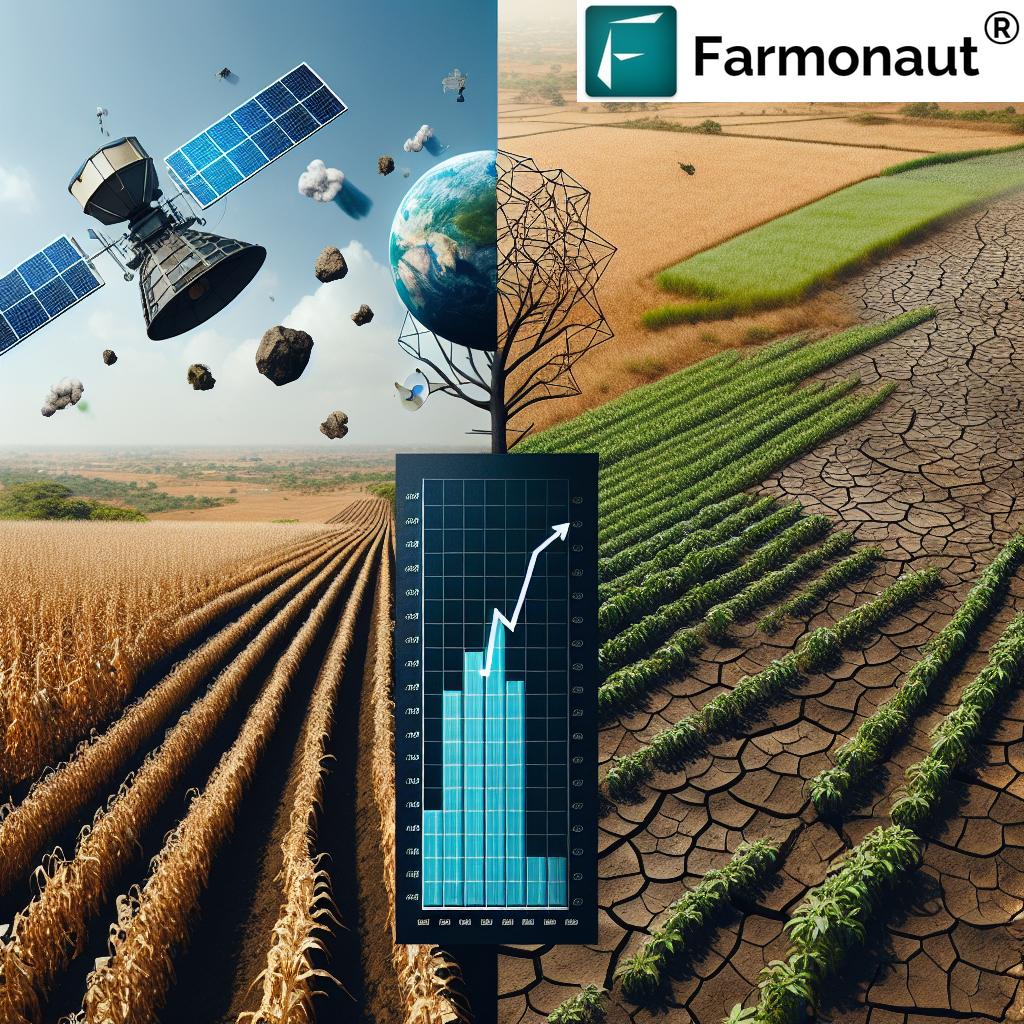
The Road Ahead: Drought Mitigation and Sustainable Solutions
While the US drought aid Ghana initiative provides much-needed relief, it also highlights the urgent need for comprehensive drought mitigation Ghana strategies. The Chamber for Agribusiness Ghana has called upon the government to implement effective and sustainable solutions to address the recurring drought challenges.
Proposed measures include:
- Investment in irrigation infrastructure
- Promotion of climate-smart agriculture practices
- Development of early warning systems for climate-related risks
- Research into drought-tolerant crop varieties
These measures, combined with international support, are crucial for safeguarding Ghana’s agricultural sector and ensuring food security in the face of climate change.
Leveraging Technology for Agricultural Resilience
In the fight against drought and its impact on agriculture, technology plays a crucial role. Farmers and agricultural stakeholders can benefit from advanced tools and resources to better manage their crops and mitigate risks.
Farmonaut, a leading provider of satellite-based crop monitoring solutions, offers invaluable support in this regard. Their services can help farmers in Ghana and beyond to:
- Monitor crop health in real-time
- Detect early signs of stress due to drought or other factors
- Optimize water usage through precise irrigation scheduling
- Make data-driven decisions to improve crop yields
To access these cutting-edge tools, farmers can use the Farmonaut app:
For those preferring mobile solutions, Farmonaut is available on both Android and iOS platforms:
For developers and organizations looking to integrate advanced agricultural monitoring into their own systems, Farmonaut offers a robust API. Detailed documentation is available in the API Developer Docs.
International Solidarity in Times of Crisis
The US drought aid Ghana initiative is a testament to the power of international cooperation in addressing global challenges. It underscores the importance of solidarity in tackling climate-related issues that transcend national boundaries.
As Ghana grapples with this agricultural crisis, the support from the United States serves as a reminder that global challenges require global solutions. It also highlights the need for continued focus on climate resilience and sustainable agricultural practices worldwide.
Looking to the Future: Building a Resilient Agricultural Sector
While the current drought presents significant challenges, it also offers an opportunity for Ghana to reassess and strengthen its agricultural sector. By combining international aid, technological innovations, and sustainable practices, Ghana can work towards building a more resilient and productive agricultural industry.
Key areas of focus for the future include:
- Diversification of crops to reduce vulnerability to climate shocks
- Investment in agricultural research and development
- Strengthening of agricultural extension services
- Promotion of sustainable land and water management practices
By addressing these areas, Ghana can not only recover from the current crisis but also position itself as a leader in sustainable agriculture in West Africa.
Conclusion: A Call to Action
The US drought aid Ghana initiative marks a significant step in addressing the immediate needs of farmers affected by the drought. However, it is clear that long-term, sustainable solutions are necessary to truly tackle the challenges posed by climate change to Ghana’s agricultural sector.
As the nation moves forward, it will be crucial for all stakeholders – from government agencies to individual farmers – to work together in implementing effective Ghana food security measures and drought mitigation Ghana strategies.
The road ahead may be challenging, but with continued international support, innovative technologies, and a commitment to sustainable practices, Ghana’s agricultural sector can emerge stronger and more resilient than ever before.
In these trying times, the solidarity shown by the international community, exemplified by the US aid package, serves as a beacon of hope. It reminds us that when we come together, we can overcome even the most daunting of challenges, ensuring a food-secure future for all.








